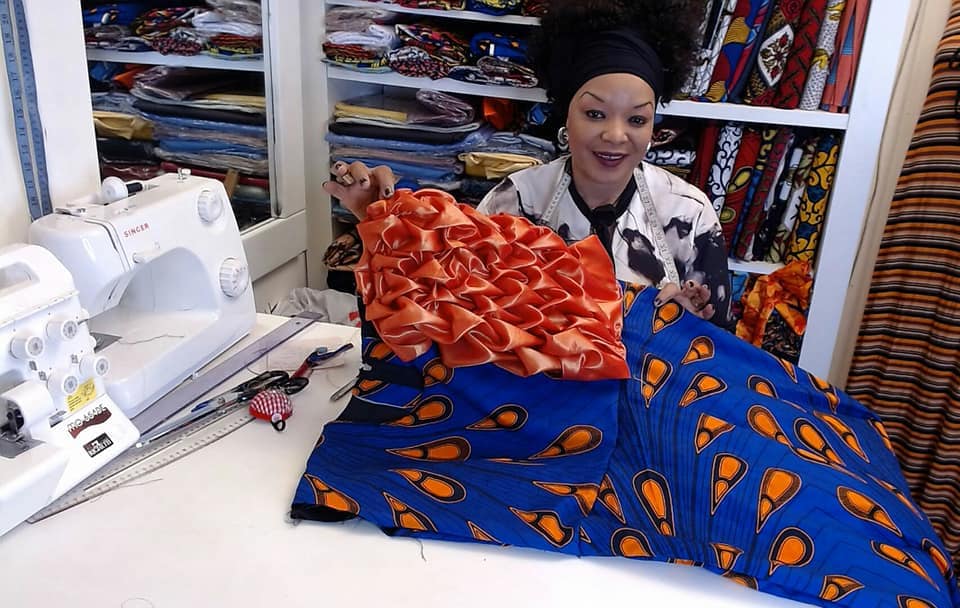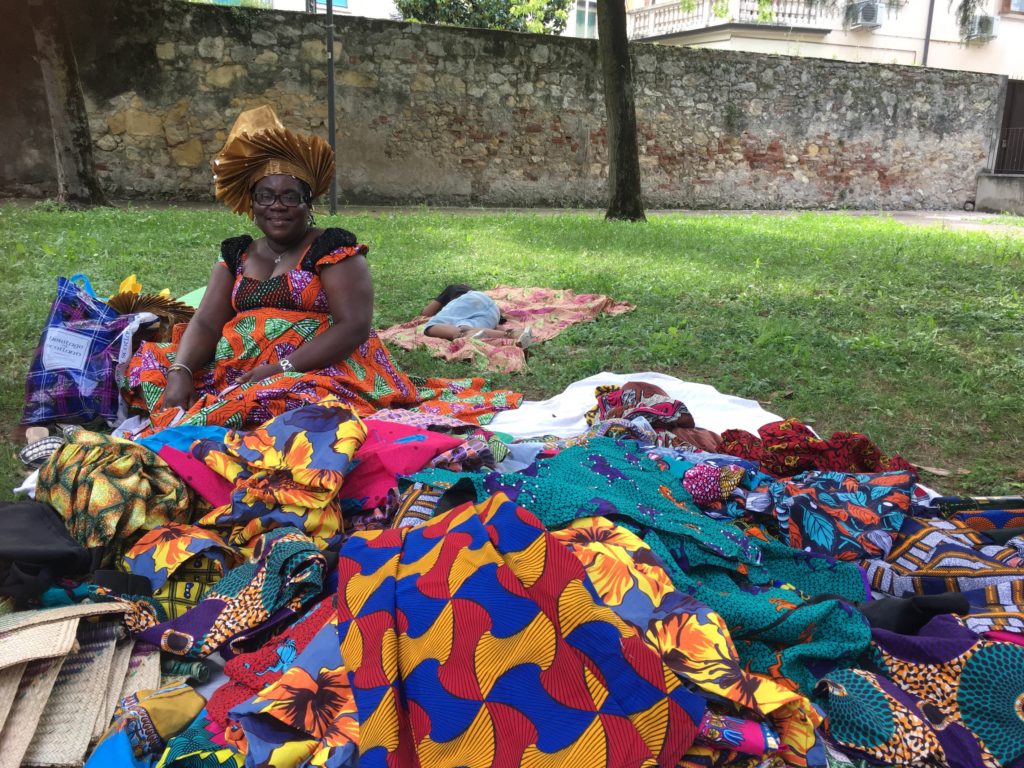A blend of tradition with a modern twist. Kofi Kade and Ceylon Tea Bar are more than just Sri Lankan restaurants. They are a celebration of Sri Lankan culture and a fusion of flavours in every bite.
Written by Jasmine Mohamed
Photo by Anju Ravindranath on Unsplash
Often mistaken, people think of Sri Lankan food as either “Indian or Pakistani food, but it’s not, it’s contrary to that”, says Rukshan Weeraratne, owner of Kofi Kade. The “Sri Lankan-Inspired Sandwich Bar”, based in Govanhill on the southside of Glasgow, is a mixture of modern and traditional Sri Lankan flavours. This combination has a special meaning for Rukshan (35), who is originally from Sri Lanka and has been living in Scotland since the age of fourteen.
Rukshan says, “So we just thought, you know what, let’s just go outside the box, bring Sri Lankan heritage into it, and be a bit more innovative and see how we could do something different”. What has shaped Kofi Kade into what it is today was Rukshan’s grandad and his mum. He says about his grandad, “I would say my cooking is more of an homage to him as opposed to me just doing business”. Being able to put forward what he has learned from his grandad over the years has aided him in his cooking and in starting the business.
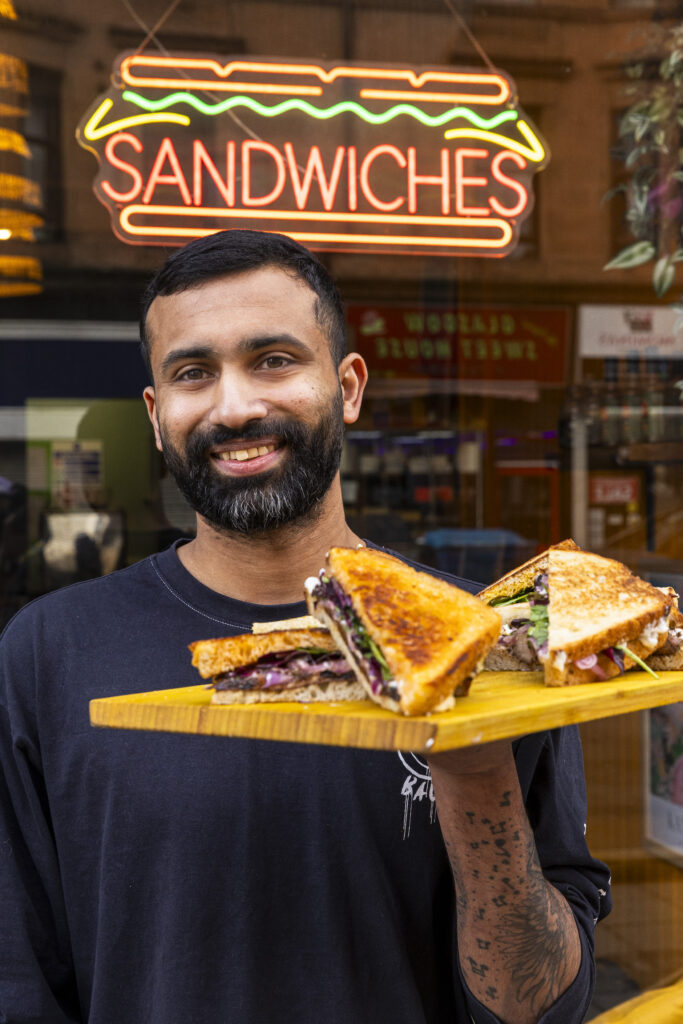
Sameera Conganeege, owner of Ceylon Tea Bar, also located on the southside of Glasgow, in Battlefield, keeps the authenticity of Sri Lankan culture in his food. He highlights, “So, I’m doing it the same way. We give it the way; we eat back at home”. Sameera learned to cook from his aunt and his grandma, “My auntie was a great cook and [also]my grandma. When I’m making vegetable curries, I always use my auntie’s recipe. She was the best, always”.
The Journeys Behind Kofi Kade and Ceylon Tea Bar
Before Kofi Kade, Rukshan looked forward to combining his cooking experience with his Sri Lankan heritage. During lockdown, he began making sauces, which was the first business that he started. In the first weeks and months, it was quite difficult to “[drive] the message forward and get exposure a lot more”. However, maintaining a social media presence and collaborating with influencers secured a loyal customer base for Kofi Kade.
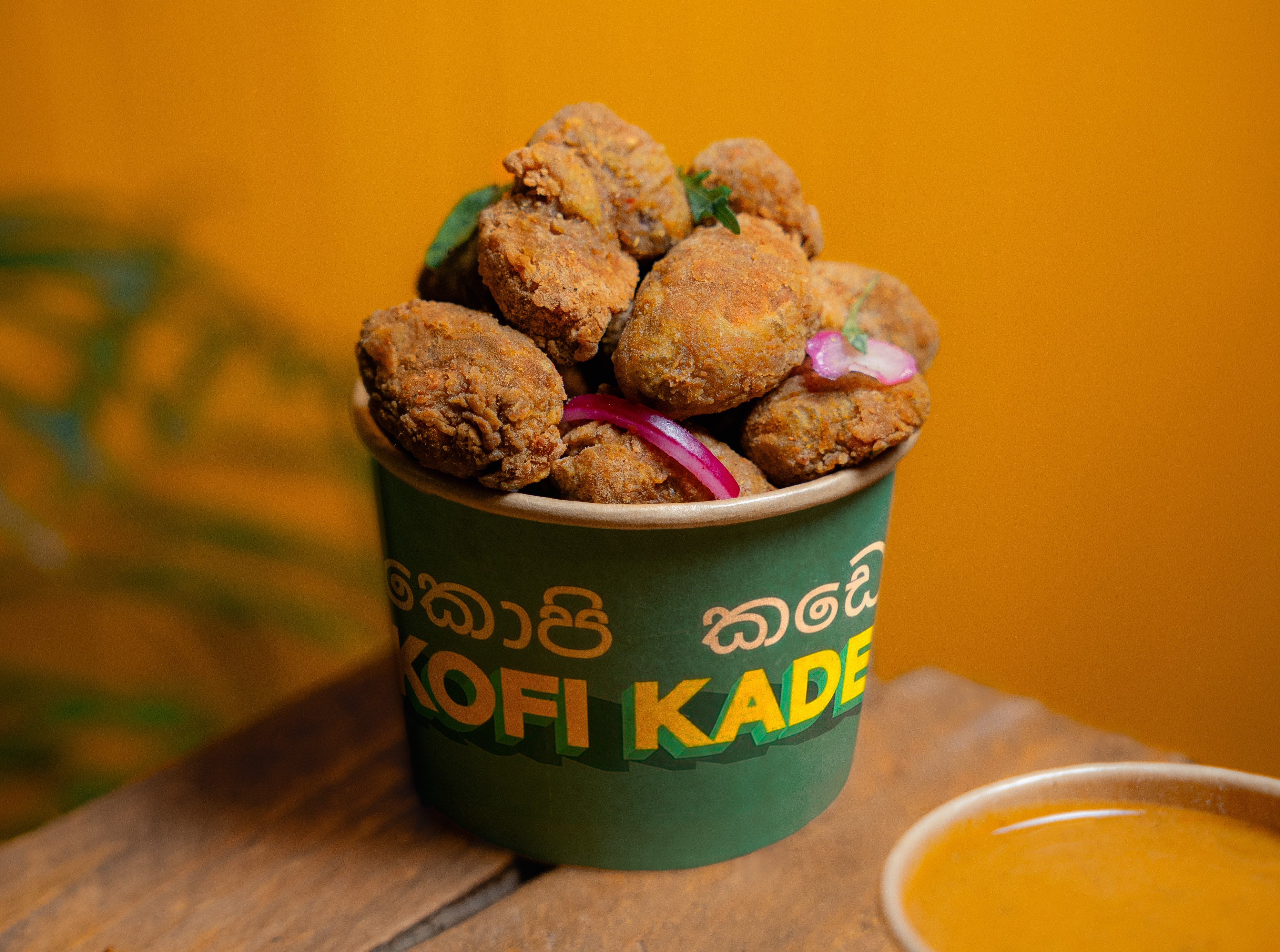
When it comes to the flavours of Kofi Kade’s sandwiches, “the spice element of it is purely Sri Lankan,” explains Rukshan, who says that most of their spices are imported from Sri Lanka. “We try to do things that adhere to a lot of people, but there are things that we can’t adhere to because it just kind of goes against what I believe in and what I want to do”.
Sameera had several years of experience in hospitality and hoped to open his own place. When Sameera and his wife first moved to Glasgow, there were no Sri Lankan places in sight. This led to him and his wife travelling all the way to Liverpool to eat Sri Lankan food. This experience was what made them want to start Ceylon Tea Bar and provide Sri Lankan food to the local community. He mentions “I think that’s the one thing that’s missing, you can find every other cuisine here. The Sri Lankan cuisine is healthier, it’s got all the health benefits and it’s flavoursome”.
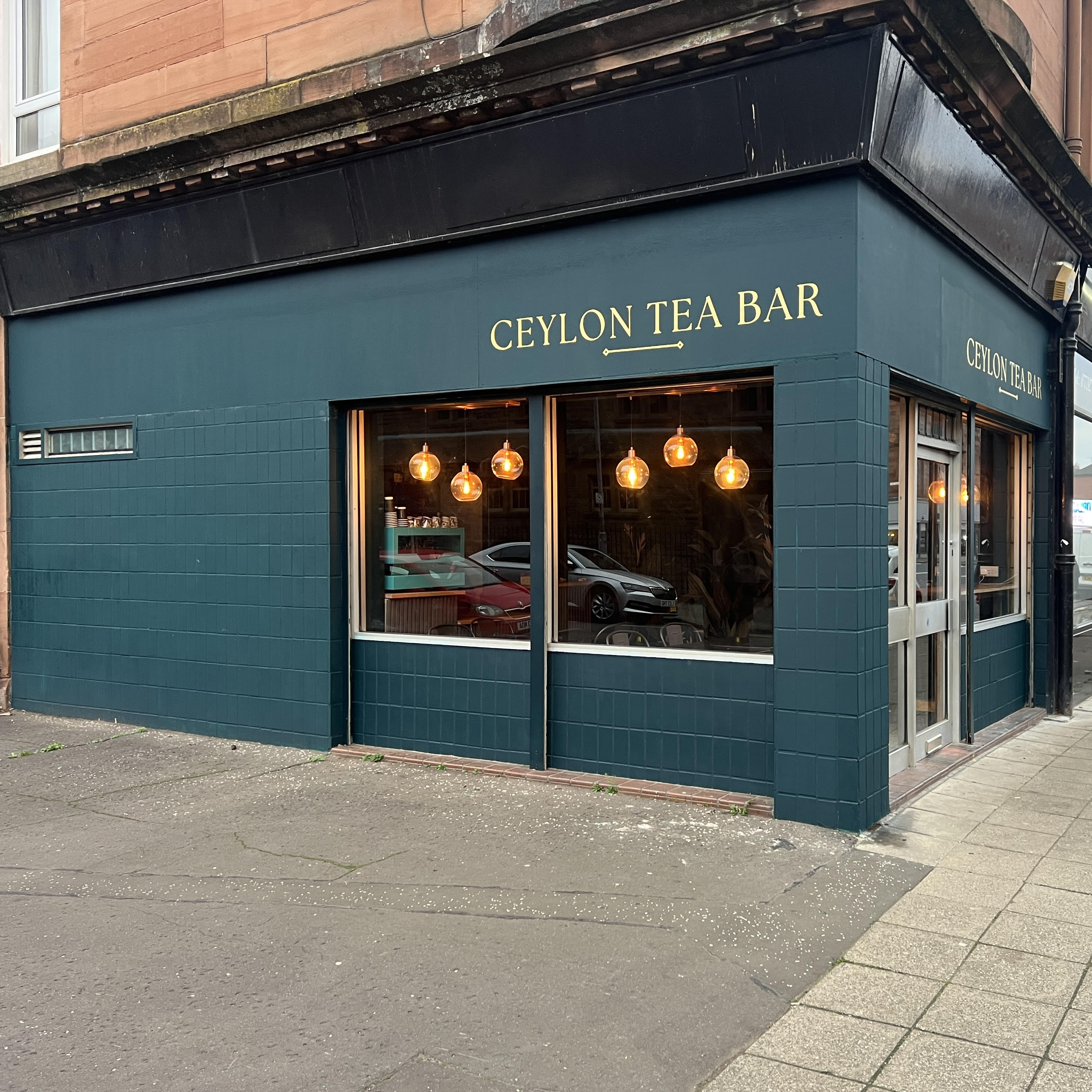
The Island of Many Flavours: Cultural Influences from Portugal to Britain
Sri Lanka was the colony of Portugal and was controlled by the Portuguese Empire from 1597 to 1658. Britain has been intertwined with Sri Lanka during the British Ceylon period, which lasted from 1815 to 1948.
Rukshan points out that Britain and “especially Portugal [had] a massive impact on our food scene”. Depending on the region of Sri Lanka, the food traditions and spices change. It is often the case that spices are homemade. The spices that are mostly used are cinnamon, cardamom, cloves and black pepper. North of Sri Lanka are known for roasting their spices, whereas anywhere else, it is not just chillies that are a part of the cuisine.
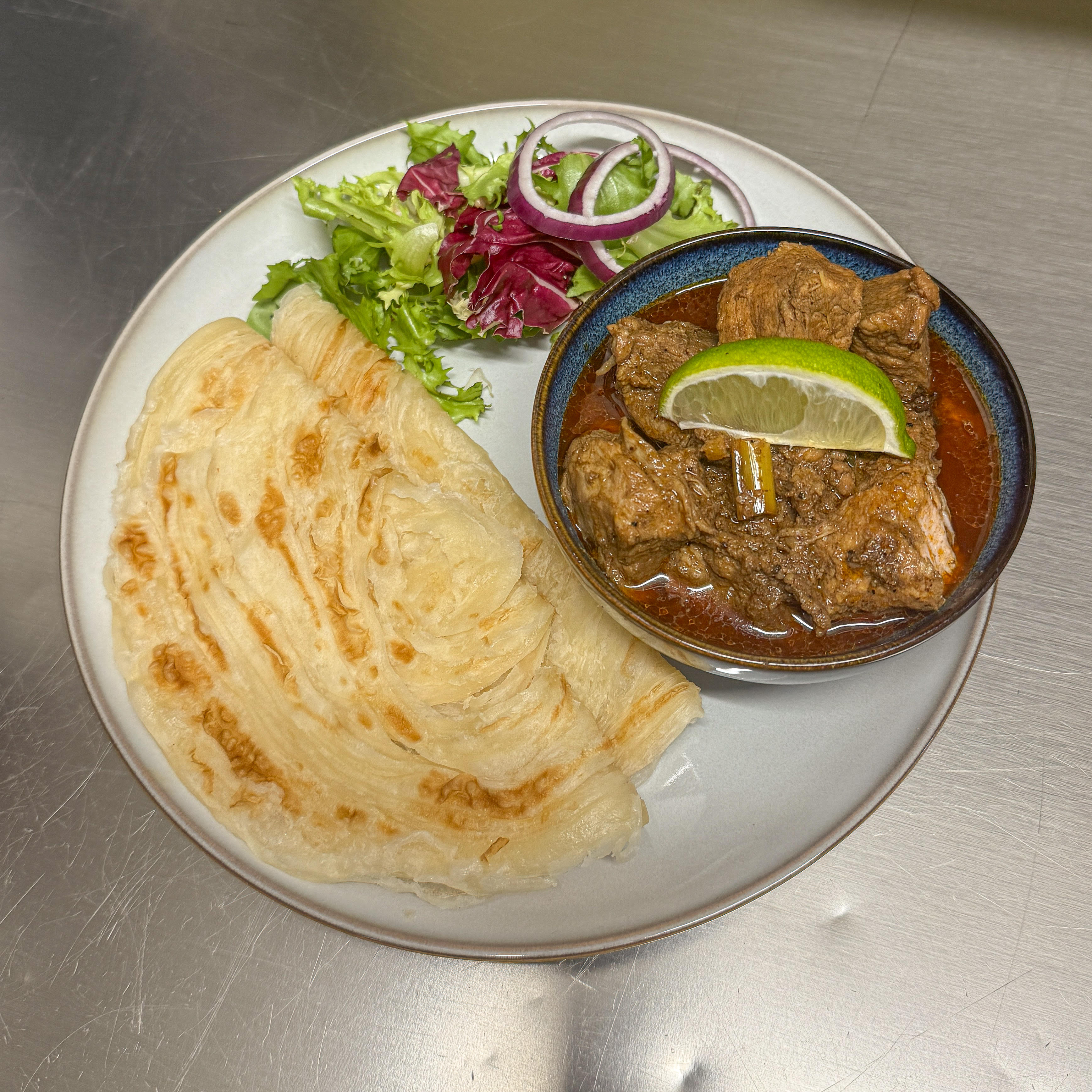
Sri Lanka has such vast influences, which are represented throughout various dishes.
“I always say to people, there’s somewhere you can get all sorts of things within like a couple of hours. You can be at a beach, sunbathing, and then you can travel 3 hours, and you can be in cold weather like here”, explains Sameera.
Cultural Exchange Through Cuisine: Where Sri Lanka Meets Scotland
Kofi Kade began as a way to “drive the Sri Lankan food culture a lot more than me, sort of adapting to the current environment”, says Rukshan. However, some minor adjustments were made to suit Scottish tastes in terms of spiciness. Scotland and Sri Lanka overlap, where both cultures “are very receptive to new food types”, says Rukshan. Kofi Kade is meant to be inclusive for everyone, but to the extent that they are not changing who they are at their core.
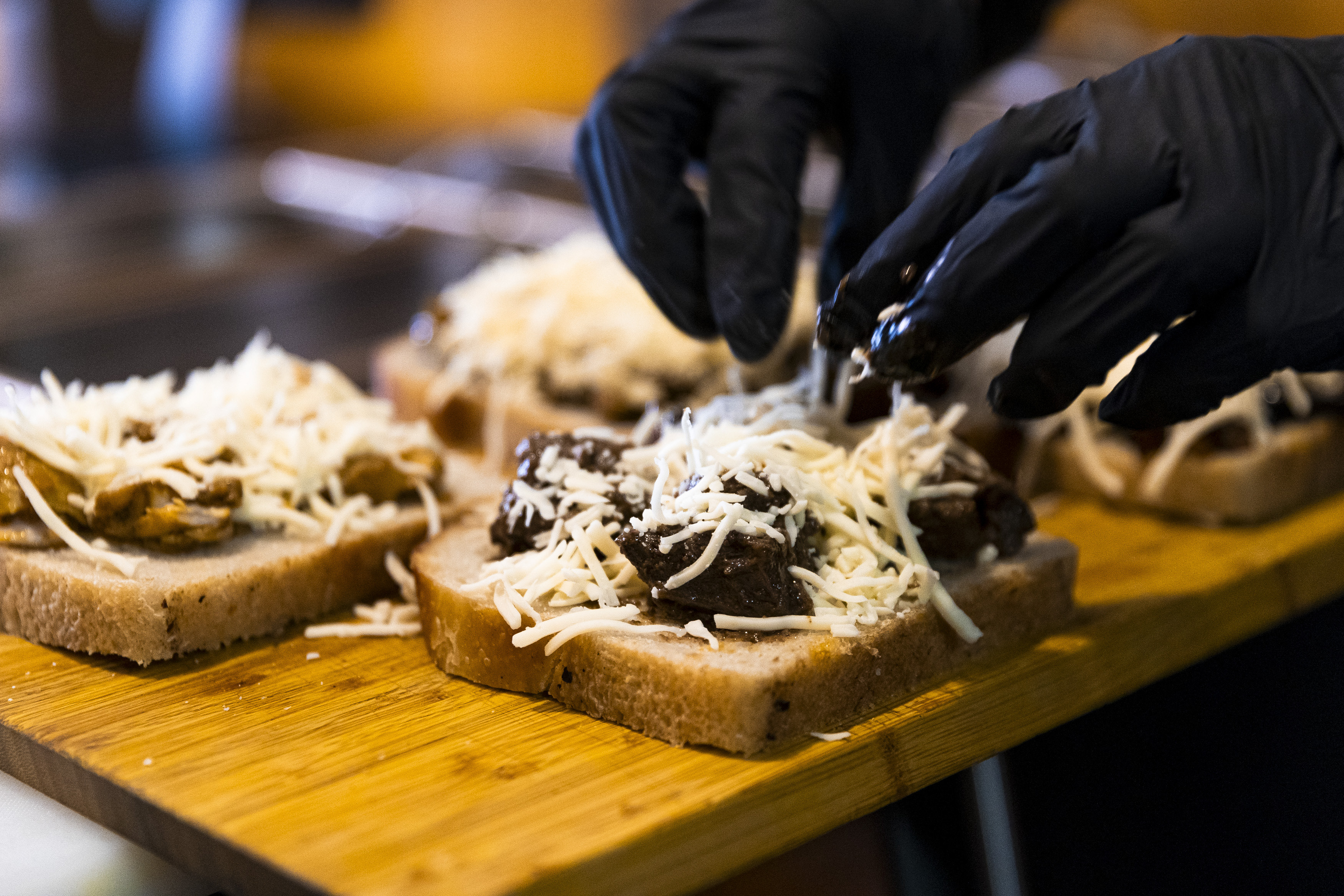
“They [Scottish people] like to eat less carbs, more [vegetables] and protein. So, if you get the kottu roti back home, but how I make it [here] is more of the [vegetables], more of the protein” Sameera explains how he adapts to the local tastes. He jokes, “It’s not really a Scottish thing to come and have rice in the morning”. Suggesting that the palate of locals is changing.
Expanding Sri Lankan culture And Supporting the Local Community
In the last three years in Glasgow, two Sri Lankan restaurants and a café have opened, whereas previously there was no representation of Sri Lankan cuisine.
“I would like to think that’s a positive outcome from me opening the shop. It’s definitely a step in the right direction”, says Rukshan.
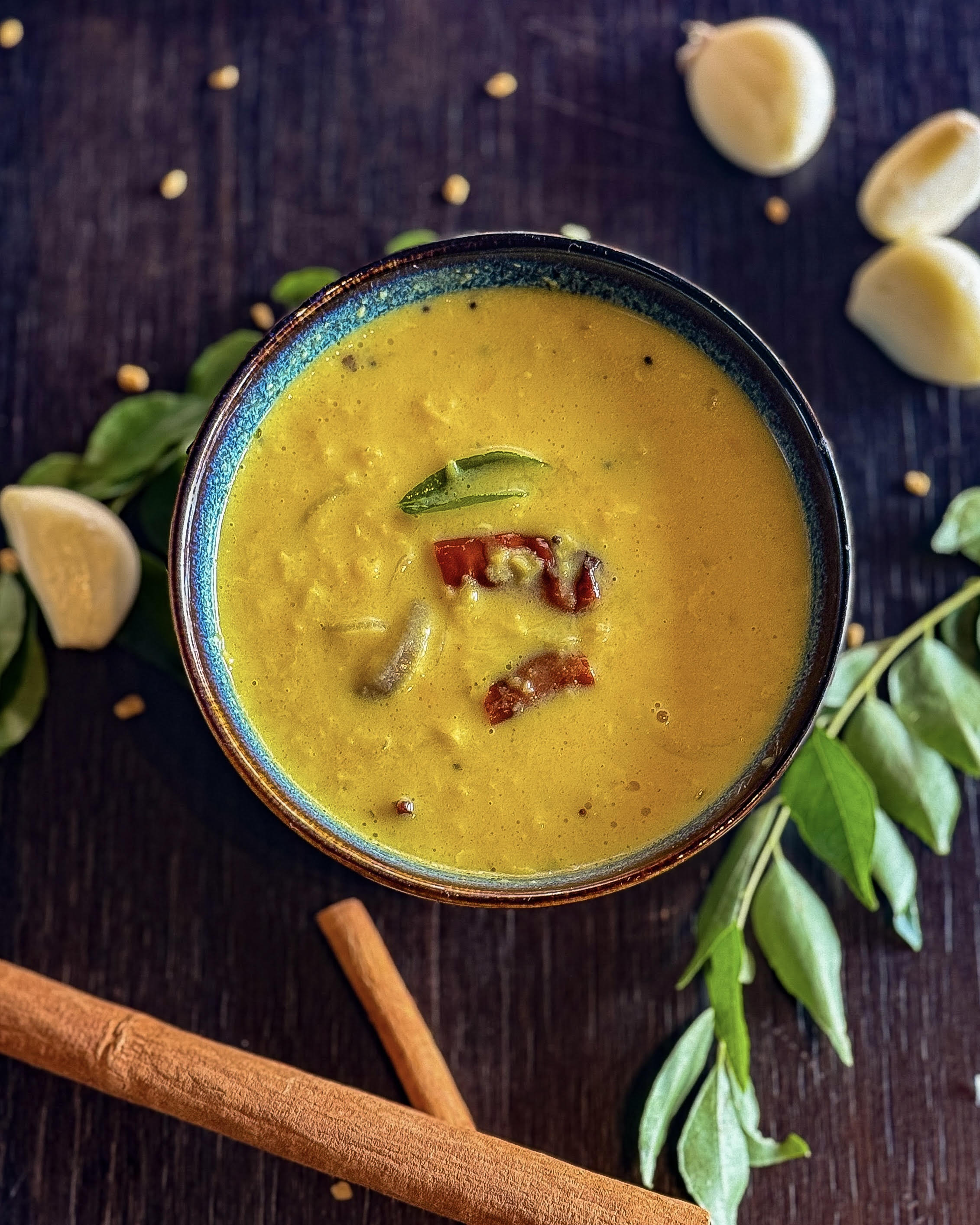
According to the 2011 Scotland Census, there are around 1,368 Sri Lankans residing in Scotland. Although the Sri Lankan community is small, Sri Lankans have made a significant positive impact on Scotland. Deena Tissera made history as one of Aberdeen City Council’s first elected women of colour in 2022. The music industry’s beloved MIA is a British-born Sri Lankan rapper and performer. She was named one of the 100 most influential people in 2009.
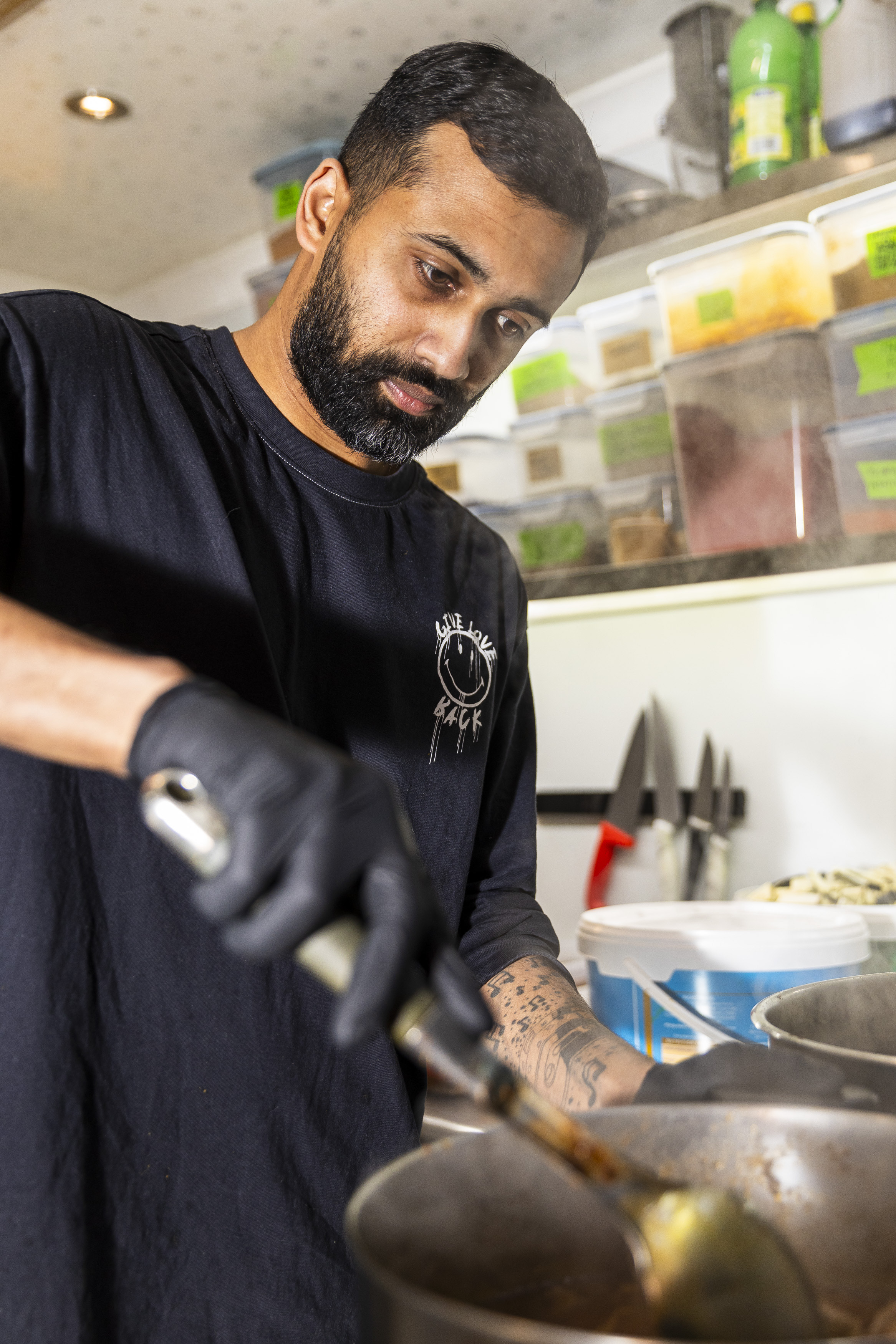
Kofi Kade is constantly evolving as a business while also being at the heart of the Govanhill community. The Sandwich Bar’s new menu, launched in April 2025, added multiple new additions, including five homemade sauces, five chutneys & relishes and three sides.
Sameera reveals a close connection between Ceylon Tea Bar customers and Sri Lanka, “a customer’s husband was born in Sri Lanka, it was like [in] 1930, and she gifted me that white elephant. She came here, and she’s 92 years old now. She comes all the time just to have a chat, because her husband passed away a couple of years ago. So, there are people connected to Sri Lanka”.
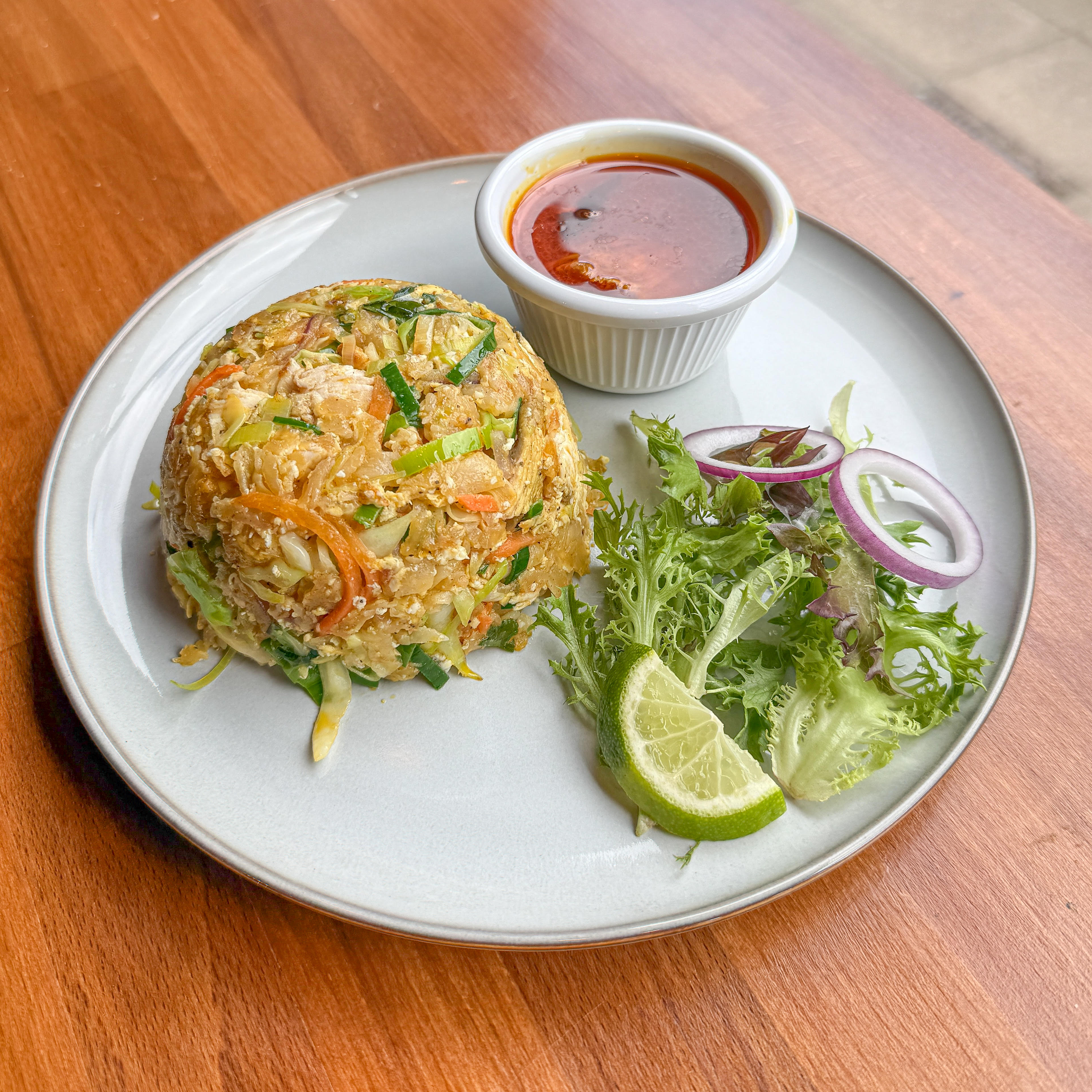
Stories like this show that food means more than just good flavours and presentation; it is about bringing and cherishing the cultures surrounding us all.
Kofi Kade
636 Cathcart Rd, Glasgow G42 8AA
Instagram: @kofikade
Ceylon Tea Bar
172 Holmlea Rd, Glasgow G44 4BA
Instagram: @ceylonteabar_glasgow

Jasmine Mohamed is a Fashion Communications graduate working towards her NCTJ qualification at Glasgow Clyde College. She has previously completed internships for the Alloa Advertiser, TheSocialTalks, and Sustainable Fashion Scotland.

